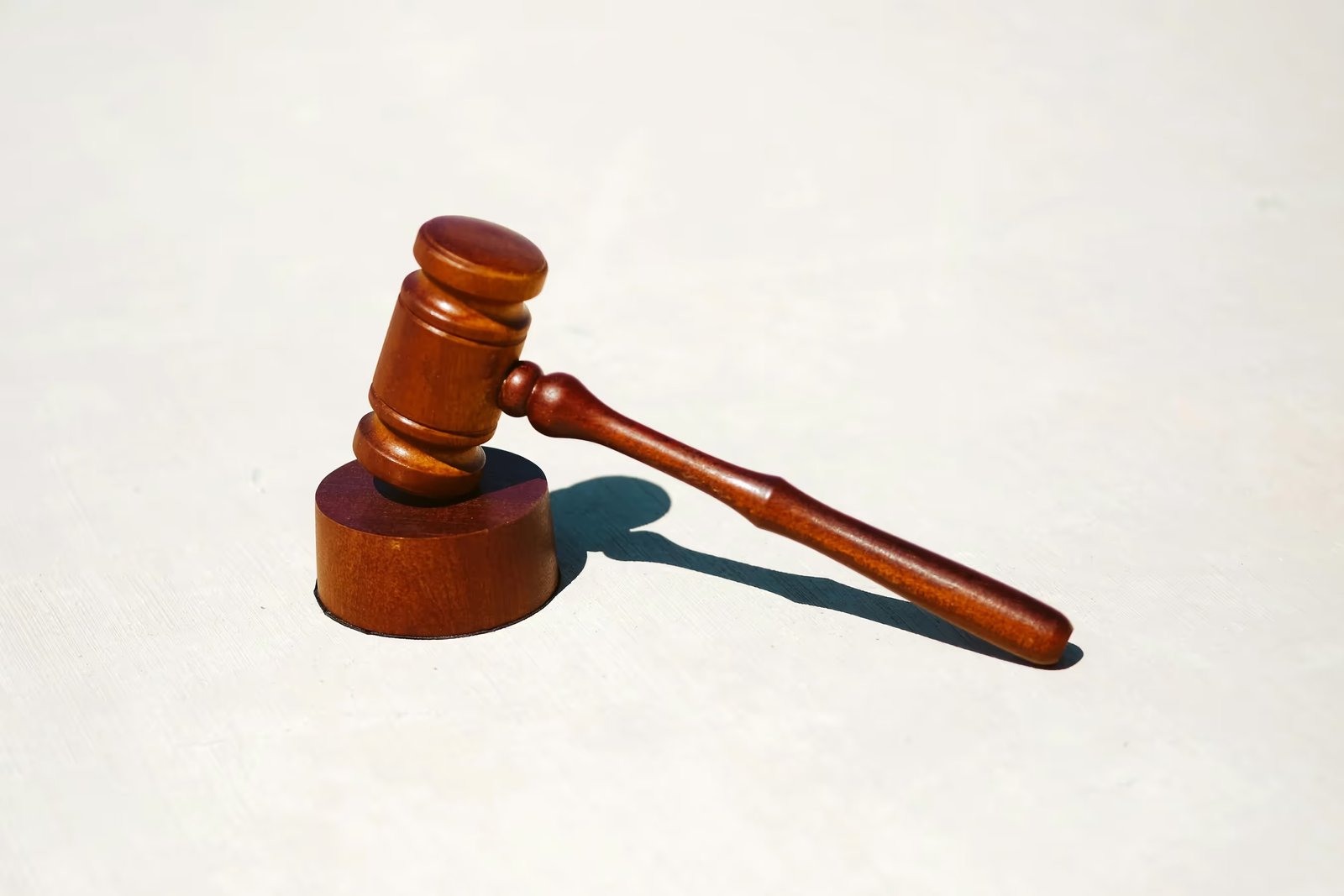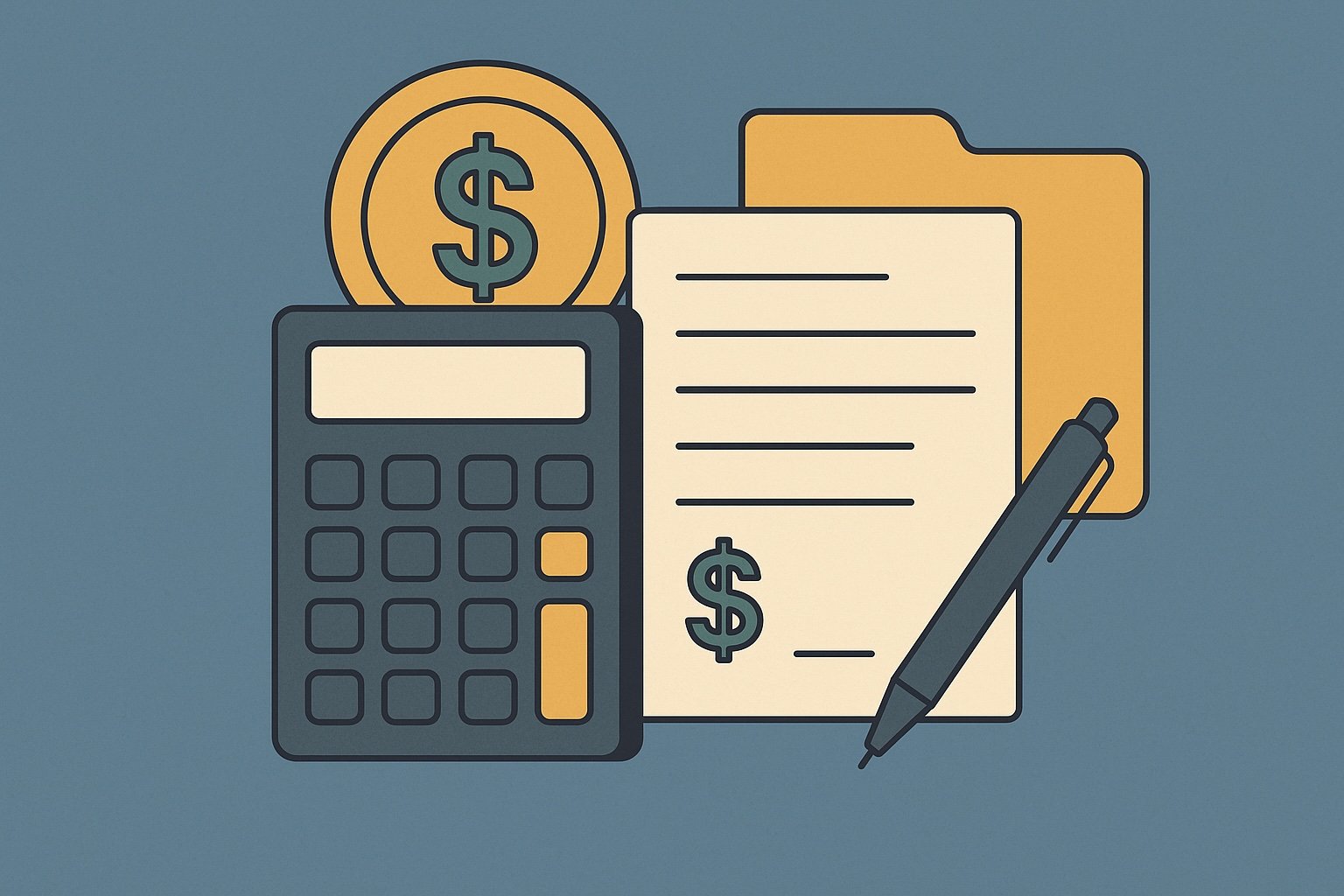Question
ARTE's Answer
The short answer is no, you cannot use a 1031 exchange to swap into a property you already own. The essence of a 1031 exchange is to defer capital gains taxes by exchanging one property for another of like-kind, which means you must acquire a new property as part of the exchange process. The IRS requires that the replacement property be newly acquired, not something you already possess.
To illustrate this, let's consider an example using Deferred.com as your qualified intermediary. Suppose you own Property A, which you purchased for $200,000 and is now worth $400,000. You want to defer the capital gains tax on the $200,000 appreciation by exchanging it for another property. You cannot simply designate Property B, which you already own, as the replacement property in this exchange.
Instead, you would need to sell Property A and use the proceeds to acquire a new property, Property C, that you do not currently own. Here's how the process would work with Deferred.com:
- Sale of Relinquished Property: You sell Property A for $400,000. The proceeds from this sale are transferred to Deferred.com, acting as your qualified intermediary. This step ensures you do not have constructive receipt of the funds, which is crucial for maintaining the tax-deferred status of the exchange.
- Identification of Replacement Property: Within 45 days of selling Property A, you must identify potential replacement properties. You can identify up to three properties, or more under certain conditions, but you must eventually acquire one of these identified properties.
- Acquisition of Replacement Property: Within 180 days of selling Property A, you must close on the purchase of Property C. Deferred.com will use the proceeds from the sale of Property A to acquire Property C on your behalf, completing the exchange.
By following these steps, you successfully defer the capital gains tax on the sale of Property A by acquiring a new property, Property C, that you did not previously own. This is the fundamental requirement of a 1031 exchange: the replacement property must be newly acquired, not an existing asset in your portfolio.
If you have any further questions or need assistance with your 1031 exchange, Deferred.com is here to help guide you through the process and ensure compliance with IRS regulations.
Have more questions? Call us at 866-442-1031 or send an email to support@deferred.com to talk with an exchange officer at Deferred.
Sources
- Rev. Rul. 2002-83 (Related Party Exchanges)
- TAM 200039005 (Failed Reverse Exchanges)
- Goolsby v. Commissioner
- Deferring Losses On The Sale of Property Using 1031 Exchanges
- Split Treatment Transactions - Obtaining Deferral Under Section 1031 & Exclusion Under Section 121 (Article)
- What To Do About Exchange Expenses in a Section 1031 Exchange? (Article)
- Teruya Bros., Ltd. & Subsidiaries v. Commissioner 124 TC 4 (U.S.T.C. 2005)
1031 Question? Ask ARTE
Deferred's AI 1031 Research Assistant is trained on 8,000+ pages of US tax law and outperforms human CPAs by 22%+
CHAT NOW
Learn More
See more frequently asked questions about 1031 exchanges








